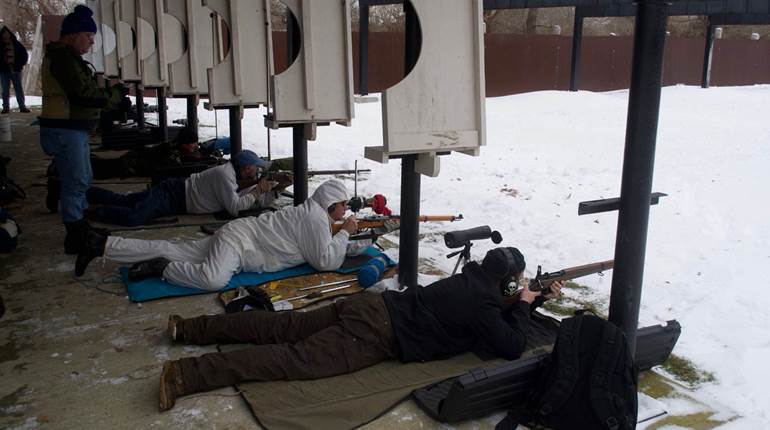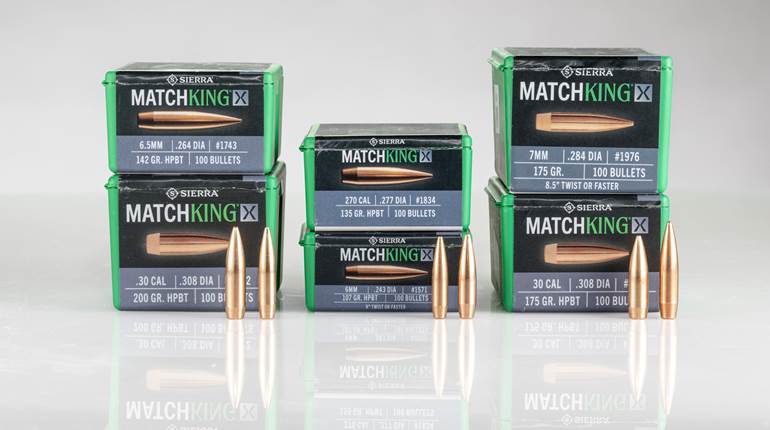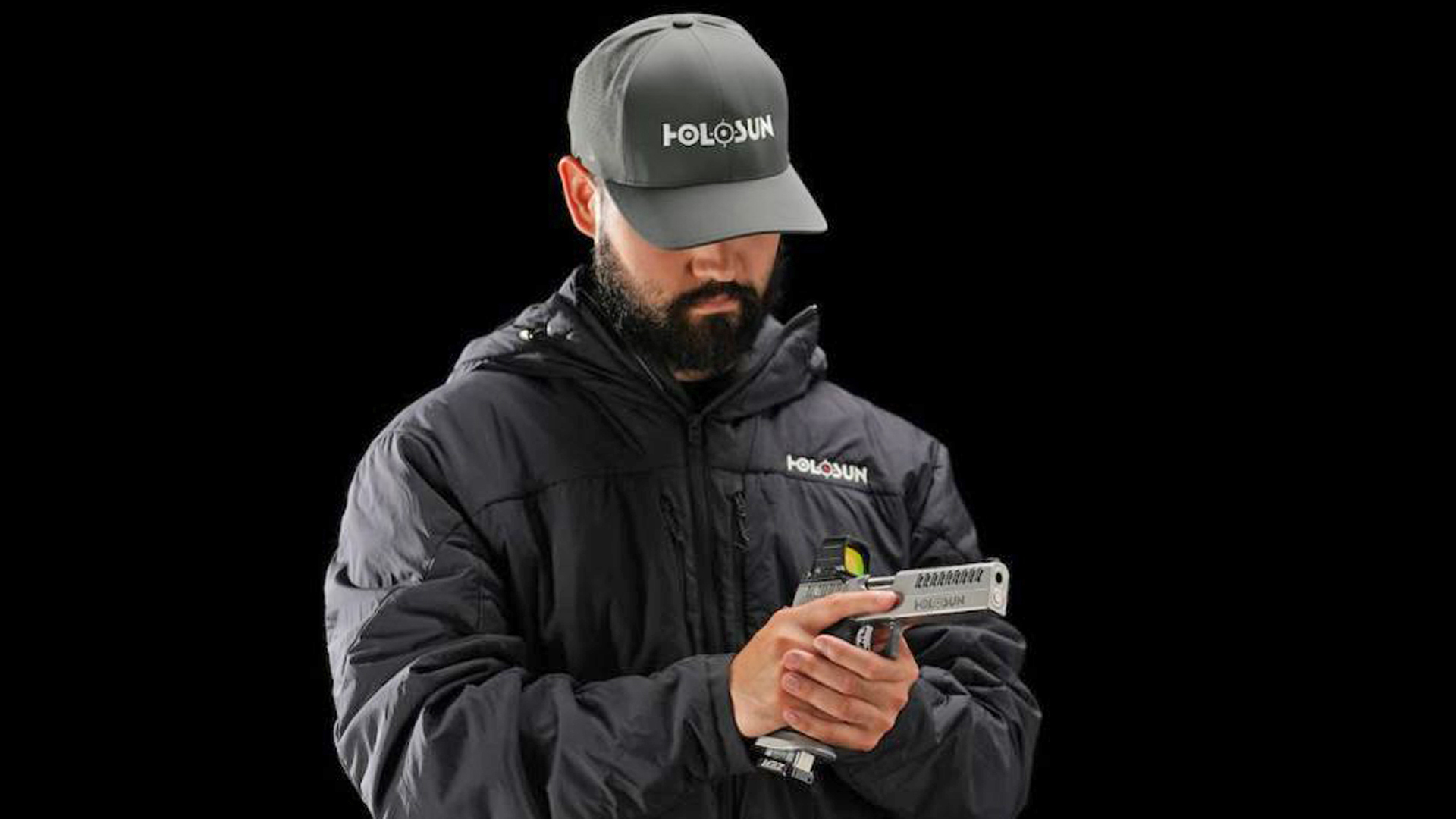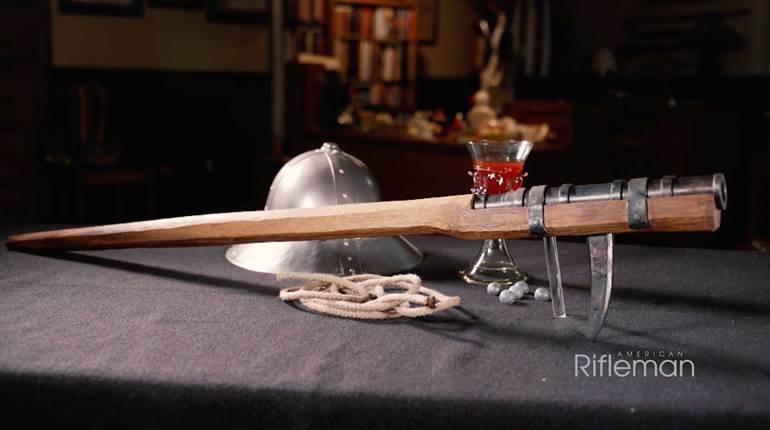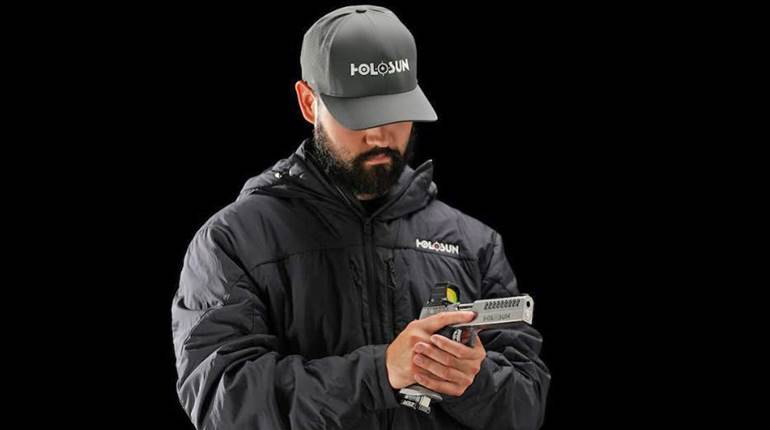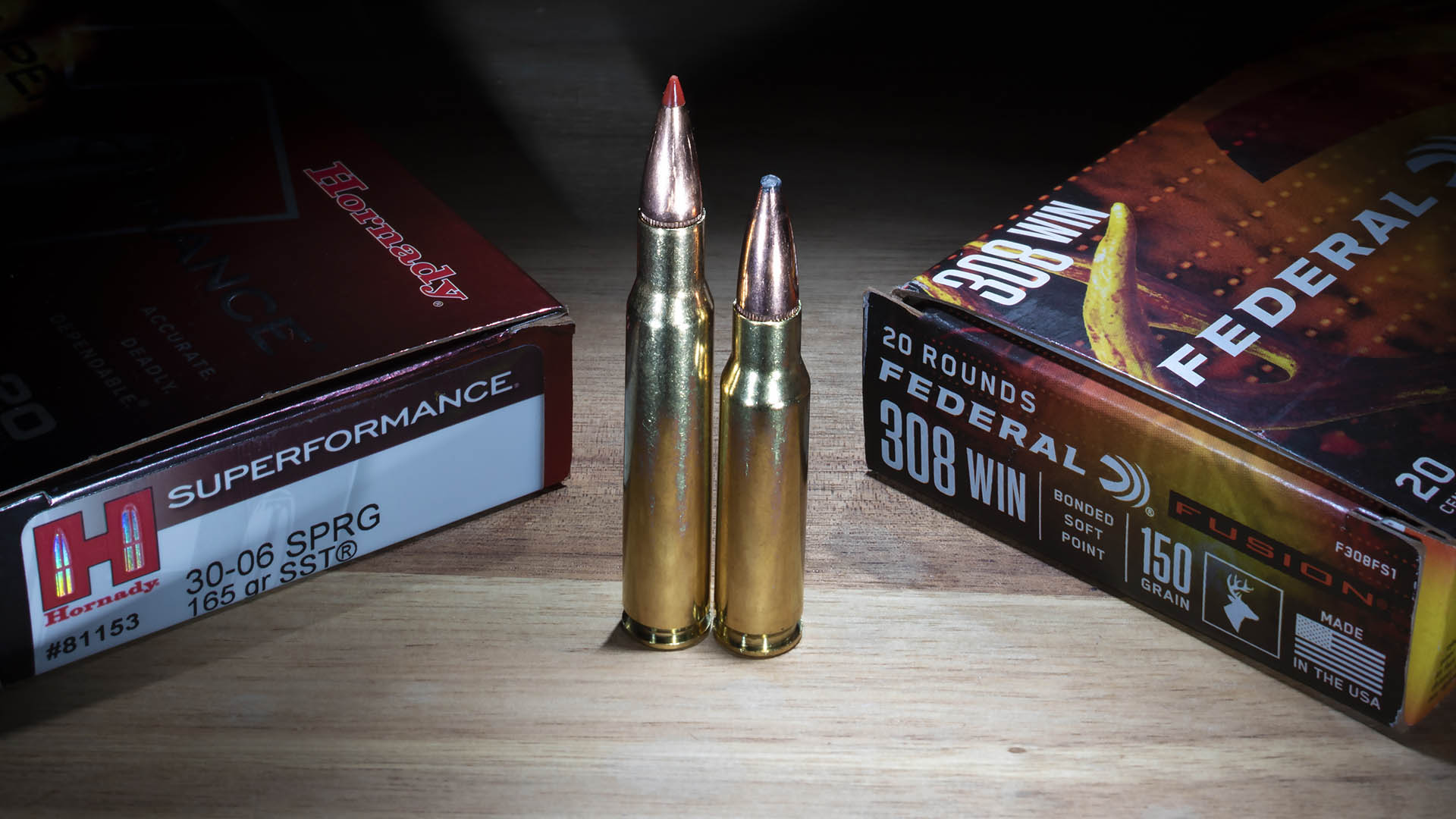
Firearm and ammunition manufacturers have now paid more than $16.1 billion in federal excise tax contributions to the Wildlife Restoration Trust Fund, which began collecting the funds in 1937. The money, an expense above and beyond those paid by companies in most other industries, helps underwrite range development and conservation efforts, although the latter’s appeal to a broader audience routinely garners the lion’s share of headlines.
The Wildlife Restoration Trust Fund, commonly known as the Pittman-Robertson Fund, is funded by excise taxes paid by firearm and ammunition manufacturers on their products, as well as archery equipment manufacturers. The tax is set at 11 percent of the wholesale price for long guns and ammunition and 10 percent of the wholesale price for handguns. It is paid by manufacturers and importers, applies to all firearms produced or imported for commercial federal law enforcement sales, whether the purpose is for recreational shooting, hunting or personal defense. It is administered by the Alcohol and Tobacco Tax and Trade Bureau of the Department of the Treasury, which turns the funds over to the U.S. Fish and Wildlife Service.

“The distribution of funds includes a requirement that $8,000,000 per year must be used for Enhanced Hunter Education programs, including the construction, operation, and maintenance of public target ranges. States can use these funds to pay up to 90 percent of the costs with the other 10 percent derived from other sources, but not from other federal grant programs,” NRA Range Services explains.
“The entire firearm and ammunition industry should celebrate this truly outstanding achievement and take pride in this announcement,” said National Shooting Sports Foundation President and CEO Joe Bartozzi. “The firearm and ammunition industry understands the conservation of wildlife and the habitats in which they thrive are invaluable. They are critical to future generations taking part in hunting and the recreational shooting sports traditions and learning about their vital importance.”














